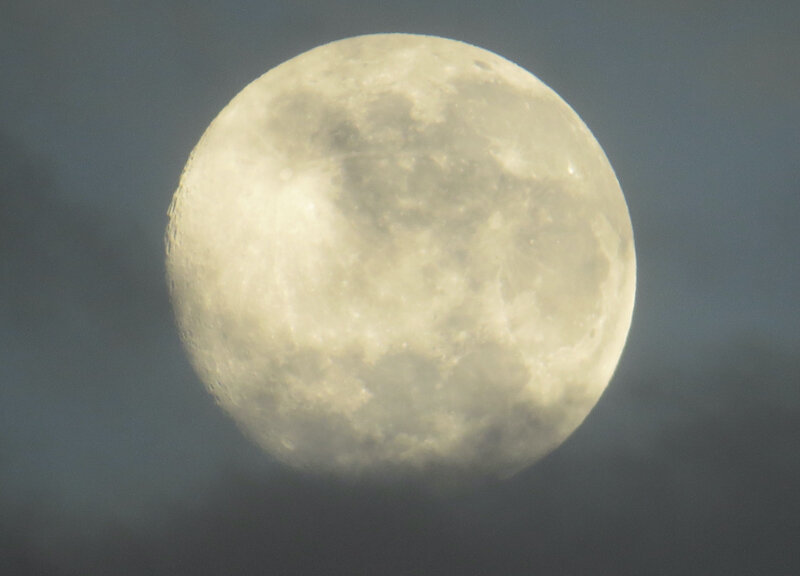2021 Writing From The Inside Out Wk 2 Prompts
Based on Pablo Neruda’s The Moon
Read the poem
Do your own reflection on it, noting what it inspires in you
Feel free to use your own reflection as your prompt or…
Use the selection of prompts below the poem
Pick one that inspires you and write (feel free to use only one or write several poems using different prompts) or…
Don’t use any of the provided prompts and follow your inspiration from wherever it comes
The Moon
I tell my hands so many things
they have no memories except of pure silk,
of the smoothness of breasts or of pitchers,
which they acquired without a fight,
without tightening into a fist:
without scattering
seeds,
gathering the night each day,
the ball of air, spinning and raveling the skein
in my fine incompetence:
O hands,
I said,
raising my arms to the moon,
what light is this?
Did you make it?
—Pablo Neruda
Translated by our own local poet, William O’Daly,
http://williamodaly.com/books/hands-day/
Please join Writing From The Inside Out by attending the read-around sessions on Friday afternoons. It’s free, fun, a great way to share, and reading a poem is optional. If you have not registered, click the button below; and if you have registered, you do not need to register again, simply use the link sent to you in your confirmation email. Register Here:
Note: Next Read Around is January 15, 2021
at 4:00 PM PST
My Thoughts
The title of Pablo Neruda‘s poem is The Moon, but the content focuses almost exclusively on the hands. Neruda gives the hands an independent life, with their own memories, their own desires, and their own creations. The opening line, “I tell my hands so many things,“ establishes this independence along with the following lines describing the hands memories and what it acquires on its own. Neruda describes how the hands acquire things in their own way, outside of conscious direction, without fight or grip or goal, acts often driven by conscious effort to force things into shape. He goes on to suggest the hands are busy at work on their own creation, capable of shaping some magnificence beyond us.
The moon, as the subject of the poem, is similarly removed and does not appear until the last two lines in which he lifts his hands in wonder to the moon. Then, in one more step removed, to the light coming off the moon. The poem leads the reader to wonder what mysteries we participate in creating without knowing. What are your hands spinning into creation out of a ball of air?
Prompt Menu
Write a letter to your hands or to the another person’s hands. Or start a list poem with the opening line: I tell my hands so many things… then list what you tell.
Neruda says of hands: they have no memories except…. What do your hands remember? Take a moment to feel your hands and find what memories they hold; or describe the quality of memories from the perspective of the hands.
What have your hands (or someone else’s) acquired? What skills? What gestures? What idiosyncrasies? Is there is a certain curl of the fingers, or a habit of clenching, or some repeated movement?
Pick some activity that requires hand dexterity and describe it in detail. Give yourself permission to go from sensory detail to metaphoric insight as Neruda does when he jumps to “gathering night each day.”
Hands, having such great utility, serve in so many “handy” idioms: lend a hand, give me a hand, hand it to you, a handful, all hands on deck; etc. Incorporate one of more idiomatic expressions in your poem. Or build a poem around one or more idioms.
Choose another body part as the focus of your poem (feet, elbows, shoulder, neck, etc.) What would you tell that body part? What memories does it hold?
Organ language is the class of metaphors that uses body parts (get a toehold, shoulder the burden, elbow grease, etc.) and organs (a heart-to-heart, it takes guts, a brain fart, etc.`). Play with organ language in a poem.
Write about anything else from Neruda’s poem or from whatever else in life that inspires you.
